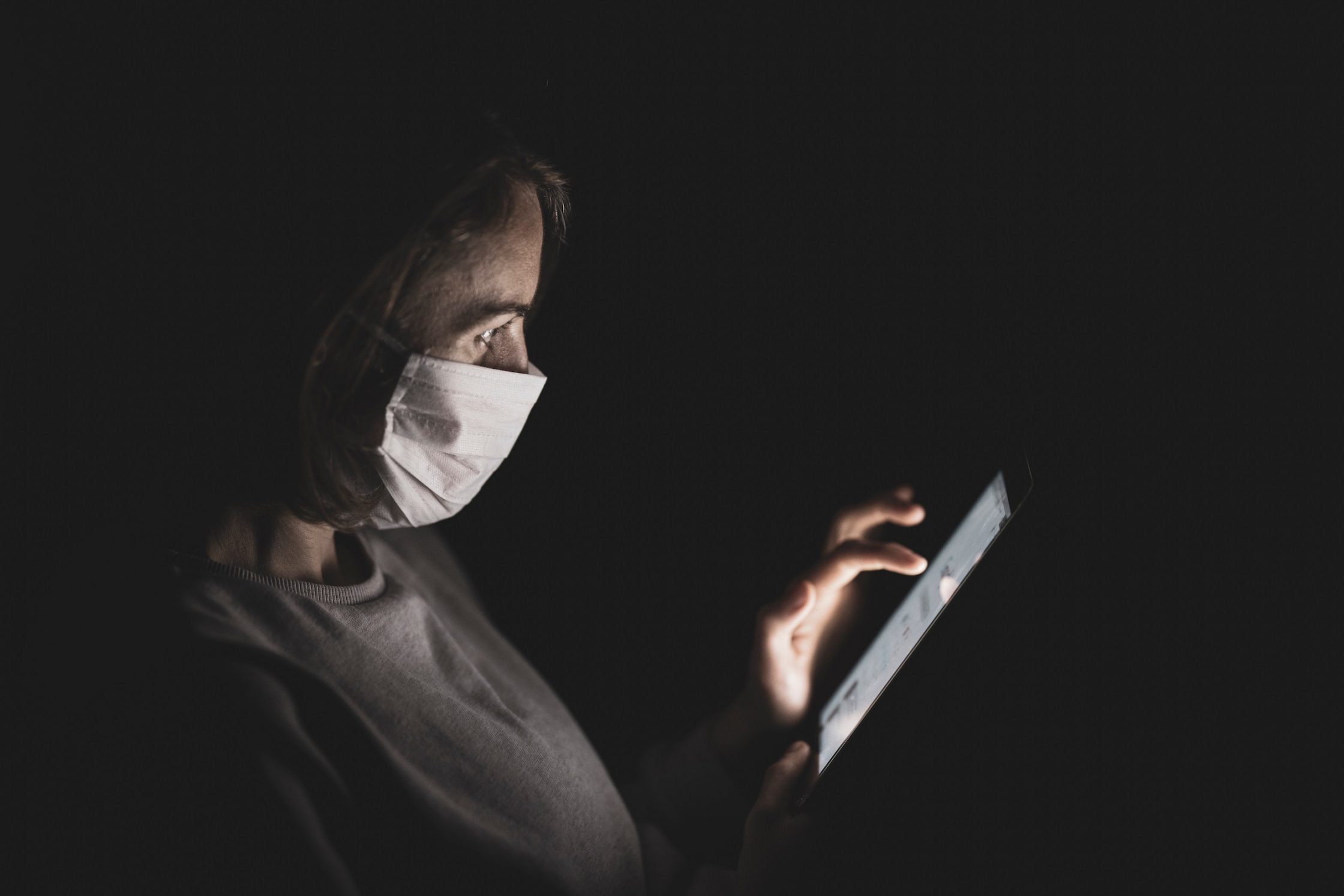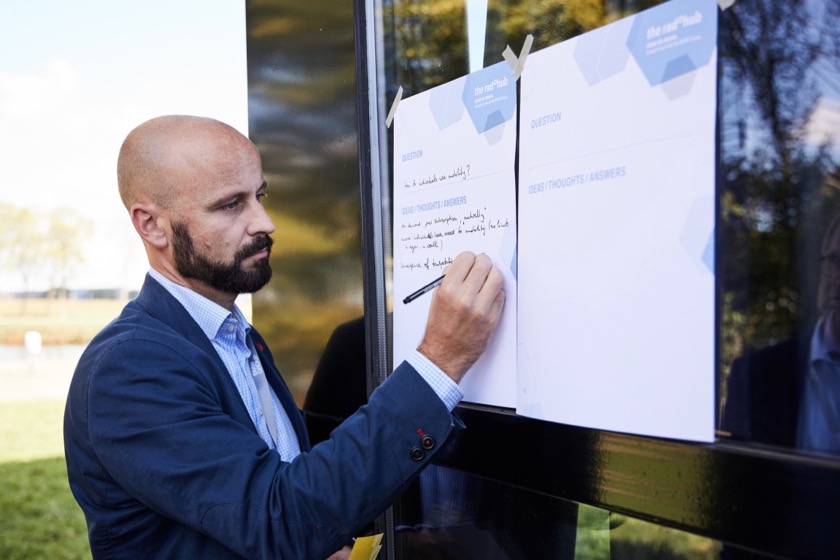Someone must have been telling lies about Josef K., because he had done nothing wrong, but one day he was quarantined. He was still in bed when the official message appeared in his health app. Until the authorities arrived, he was not allowed to leave his apartment for the protection of the public, it said. Anyway, he didn’t feel like getting up, probably he had one or two glasses of wine too many at his little birthday party yesterday.
Perhaps the conversation with a neighbor he had met yesterday on his way home had been too loud or too critical or just too long because of his exuberant mood. After all, the neighbor was known to the authorities and had already been interrogated several times because of his critical attitude. Once he had even disappeared for 10 days.
Certainly the old woman from the house opposite had something to do with the decree of his quarantine. Nothing escaped her watchful eyes when she leaned against the open kitchen window, as she did just now, and watched suspiciously what was happening on the street. In reporting violations to contact restrictions or the obligation to wear a face masks via her health app she had found a new and apparently extremely fulfilling task. There was not much else left for her to do since her grandchildren were only allowed to visit her once a month for two hours for her own safety.
Presumably she had also not missed his yesterday’s walk and picnic in the park with his children. Since the divorce from her mother he saw them only rarely and yesterday was his birthday after all. Admittedly, this was no reason for them to meet up, the law and the health authorities were relentless. If his children had at least parked their car further away and they just met in the park, the old lady probably wouldn’t have noticed them.
Or maybe K. had just been inattentive in the supermarket yesterday when he was shopping for their picnic and had fallen short of the prescribed minimum distance too often. The health app, which everyone had to carry around in public places on their smartphones, immediately recorded such approaches and since the update at the end of last year also reported them to the authorities without delay. Or his face mask had slipped for a moment and the cashier had reported it deliberately, which she was obliged to do by the latest decree.
Now, in any case, he was not allowed to leave his apartment until the police and health authorities arrived. Resistance was futile. Any disregard would be immediately recognized and reported. The chip that he, like all the other non-immune people, wore under the skin in his forearm since the Great Pandemic, would immediately expose him.
At the time, these chips seemed a good idea for monitoring the health of their wearers and quickly alerting them to symptoms of infection. In conjunction with the health app, this warning of a possible infection could also be sent at the touch of a button to all contacts recorded during the last few days, in order to interrupt the chains of infection as quickly as possible.
Everybody was delighted to be able to move more or less normally again after half a year of lockdown with this technique. Of course, access to his health data, his contacts and his whereabouts had been strictly protected in the beginning. Otherwise, never would so many have been so willing to participate. In the beginning, he still had full control over the data in his health app and only he decided when and if he would pass it on. It was only later, in order to better research the spread of the virus, as it was called, that the decree came into force that authorized the health authorities to have full access to the data.
Since then, only citizens with official proof of immunity have been allowed to participate in public life. Contact and travel restrictions had been lifted for the Immunes. All non-immune people had their chip in their arms and always carried the health app with them. In addition, they were obliged to wear the white protective masks with green virus symbol issued by the authorities as identification in public.
Initially, K. had also tried to get such an official proof of immunity. Finally, during the peak phase of the pandemic in spring 2020, he had also had a fever and cough. However, his condition improved quickly by itself and he never saw a doctor, so he was never tested for the virus. However, after six months, several tests and considerable administrative costs, his application to the health authorities for an official proof of immunity was rejected. Now he was not able to submit a new application again for six months at the earliest. Without high-ranking advocates in the authority, however, this seemed to him to be a complete waste of time.
To be continued — hopefully not.



